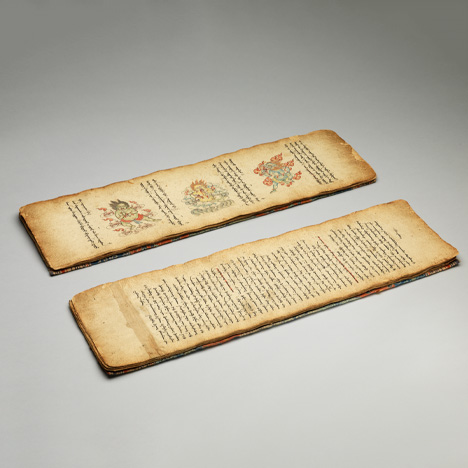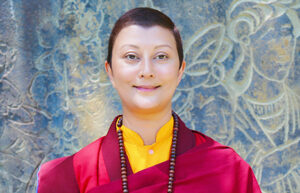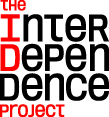
This week’s meditation session is led by Lama Arai Drolma Li and the theme is Ritual.
The guided meditation begins at 13:35.
For centuries Himalayan practitioners have used meditation to quiet the mind, open the heart, calm the nervous system, and increase focus. Now Western scientists, business leaders, and the secular world have embraced meditation as a vital tool for brain health.
Whether you’re a beginner, a dabbler, or a skilled meditator seeking the company of others, join expert teachers in a 45-minute weekly program designed to fit into your lunch break. Each session is inspired by a different work of art from the Rubin Museum’s collection and includes an opening talk, a 20-minute meditation session, and a closing discussion.
RELATED ARTWORK

The Bardo Thödrol is often referred to in the West as the Tibetan Book of the Dead. It is a treasure that was hidden by Padmasambhava, who brought the wisdom of Buddhism to Tibet in the 8th century. It was revealed by a treasure revealer named Karma Lingpa in the 14th century. This remarkable manuscript version of the text was made in Mongolia in the 19th century. Although many sacred Tibetan Buddhist books are printed using traditional woodblock printing techniques, handwritten books became popular in 19th century Mongolia.
This illuminated manuscript features a vertical Uyghur-based Mongolian script that was instituted by the founder of the Mongol Empire, Chinggis (Genghis) Khan in the early 13th century.
Many associate the bardo as the state in-between life and death, however, the bardo also refers to any liminal state, including the midpoint of dreaming and waking. Bardos are junctures at which the possibility for awakening, or liberation, is amplified.
As we behold this beautifully illustrated manuscript, let’s reflect on how we can navigate bardo periods of transition in our own lives and come to terms with change.
ABOUT THE SPEAKER

Lama Aria Drolma is an ordained Buddhist teacher in the Karma Kagyu tradition of Tibetan Buddhism, who has completed over a decade of monastic study and meditation training. She is a graduate of the traditional Tibetan Buddhist retreat program spanning three years and three months, an advanced cloistered meditation training program at Palpung Thubten Choling Monastery, New York.
Lama Aria Drolma teaches worldwide, leading retreats, workshops, and corporate meditation programs and is a popular guest speaker at universities and organizations. She emphasizes Vajrayana Buddhism and Buddhist principles, making them relevant in our everyday lives, helping us to cultivate loving kindness and compassion, and bringing about a transformation of contentment and a genuine sense of well-being.
This program is presented in partnership with Sharon Salzberg and teachers from the New York Insight Meditation Center, the Interdependence Project, and Parabola Magazine and supported by the Frederick P. Lenz Foundation for American Buddhism.

